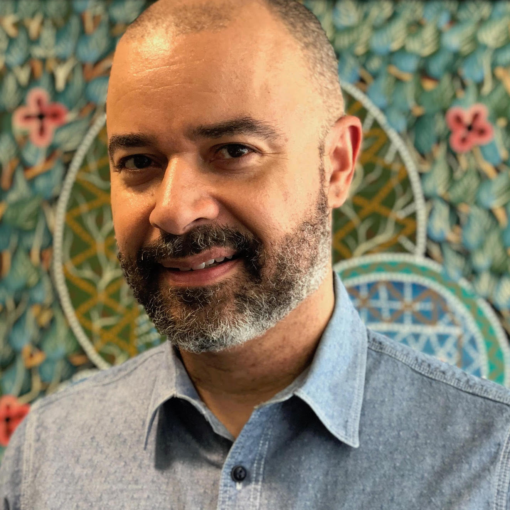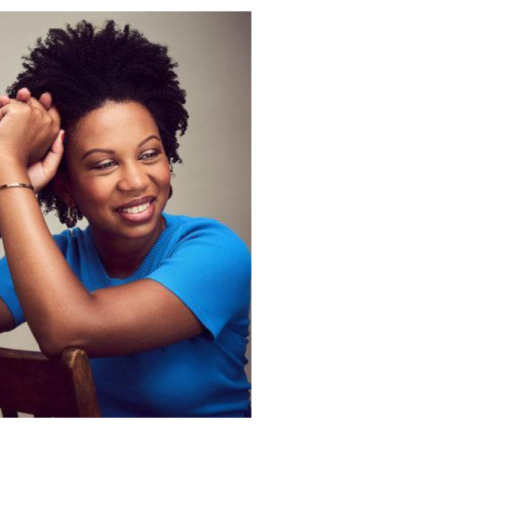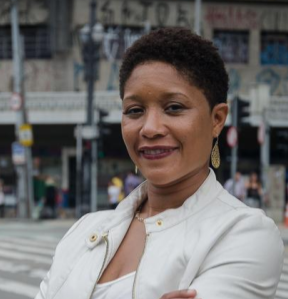Date/Time
Date(s) - 05/27/2020
11:00 am - 12:30 pm
Categories

Co-sponsored by the Teaching and Learning Center and GC Digital Initiatives.
We have closed online registration for Wednesday’s session, however, if you would still like to register, please email publicslab@gc.cuny.edu.
While not required, we highly recommend attending the first module in this series to serve as foundational knowledge for these topics.
This second module of the series will guide attendees through the process of capturing better sound when producing videos for online teaching. Topics covered include, but are not limited to:
- Why is audio more important than video?
- Capturing audio on a laptop versus a phone
- Sound treatment and sound proofing
- Proper mic placement
- Technology needed
The emphasis of this workshop series will be on recording and production, but will also include discussion of digital pedagogy.
For a deeper dive into video production, please register for Module 3. Participants who attend at least 2 out of the 3 workshops in this series will be able to join a fourth and final workshop on Monday, 1 June 2020 to get individual feedback on materials that they have created.
Please reserve your spot by booking below! Zoom details will be sent closer to the date of the workshop.
 Mike Mena is a PhD student in Linguistic Anthropology at the Graduate Center and focuses on how ideologies of race and language converge in ways that reproduce hierarchical arrangements and income inequality. He is currently conceptualizing a longitudinal ethnographic project on the neoliberalization of higher education in the United States. In 2019, Mena’s YouTube channel, The Social Life of Language, was recognized with the Society for Linguistic Anthropology’s “Public Outreach and Community Service Award.” The Social Life of Language continues to receive national and international recognition for its multi-modal pedagogical approach and as intellectually informed public activism.
Mike Mena is a PhD student in Linguistic Anthropology at the Graduate Center and focuses on how ideologies of race and language converge in ways that reproduce hierarchical arrangements and income inequality. He is currently conceptualizing a longitudinal ethnographic project on the neoliberalization of higher education in the United States. In 2019, Mena’s YouTube channel, The Social Life of Language, was recognized with the Society for Linguistic Anthropology’s “Public Outreach and Community Service Award.” The Social Life of Language continues to receive national and international recognition for its multi-modal pedagogical approach and as intellectually informed public activism.






